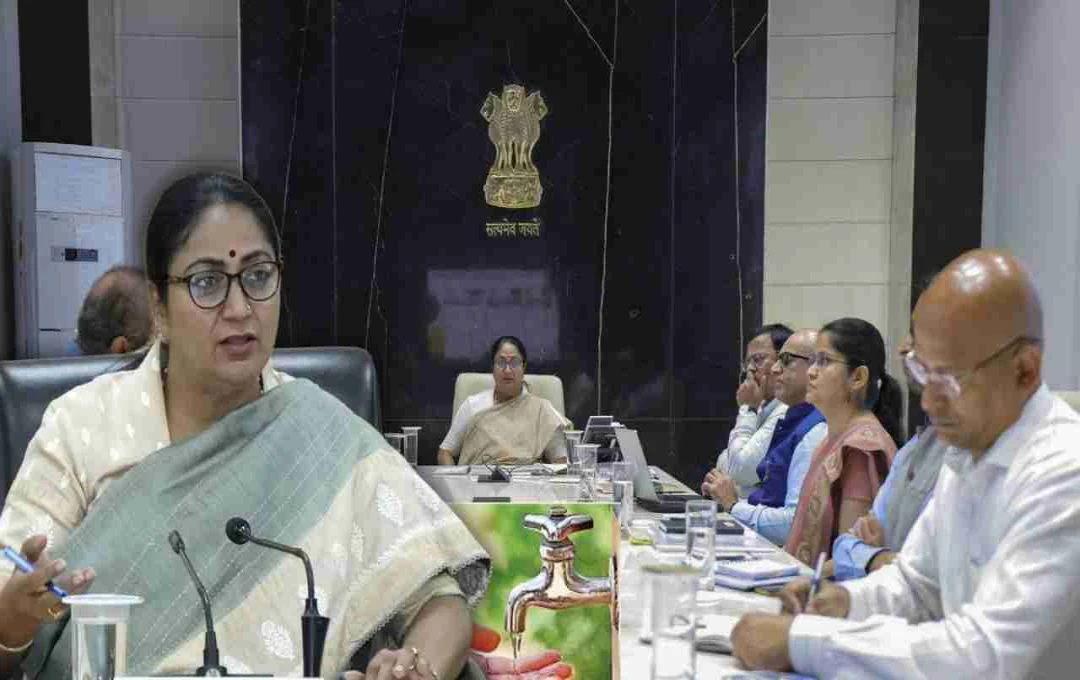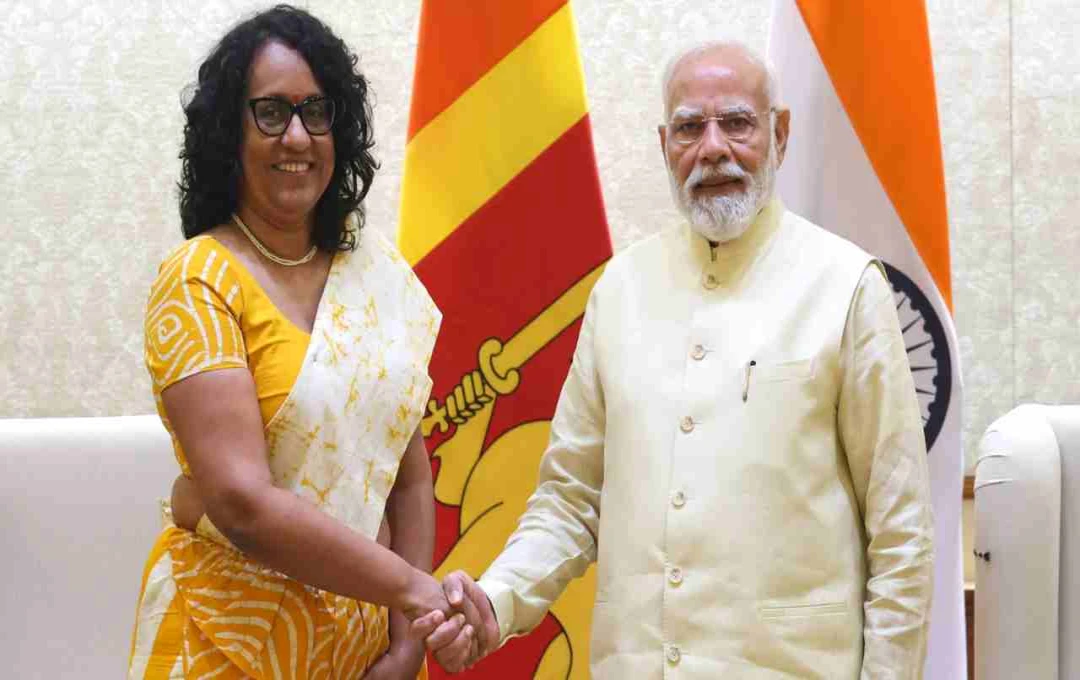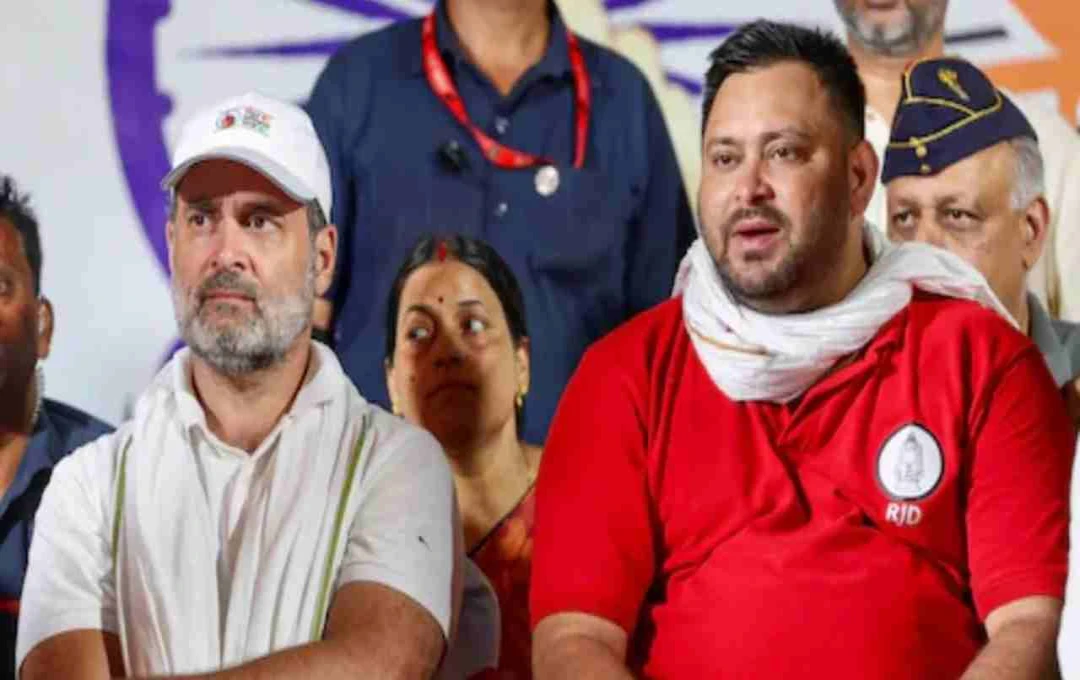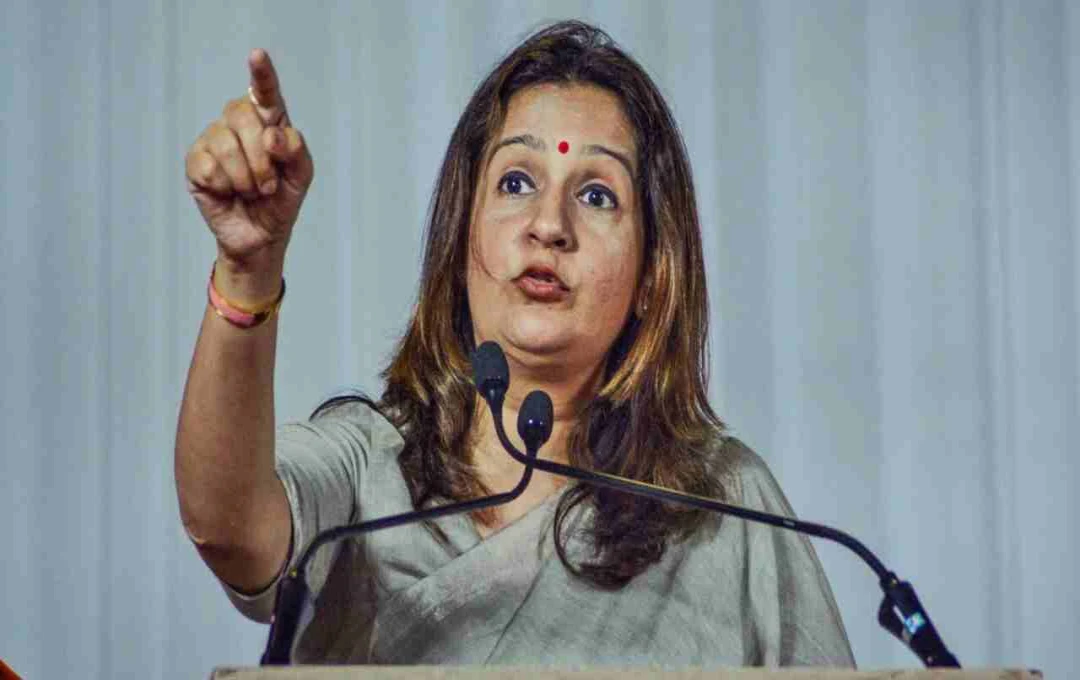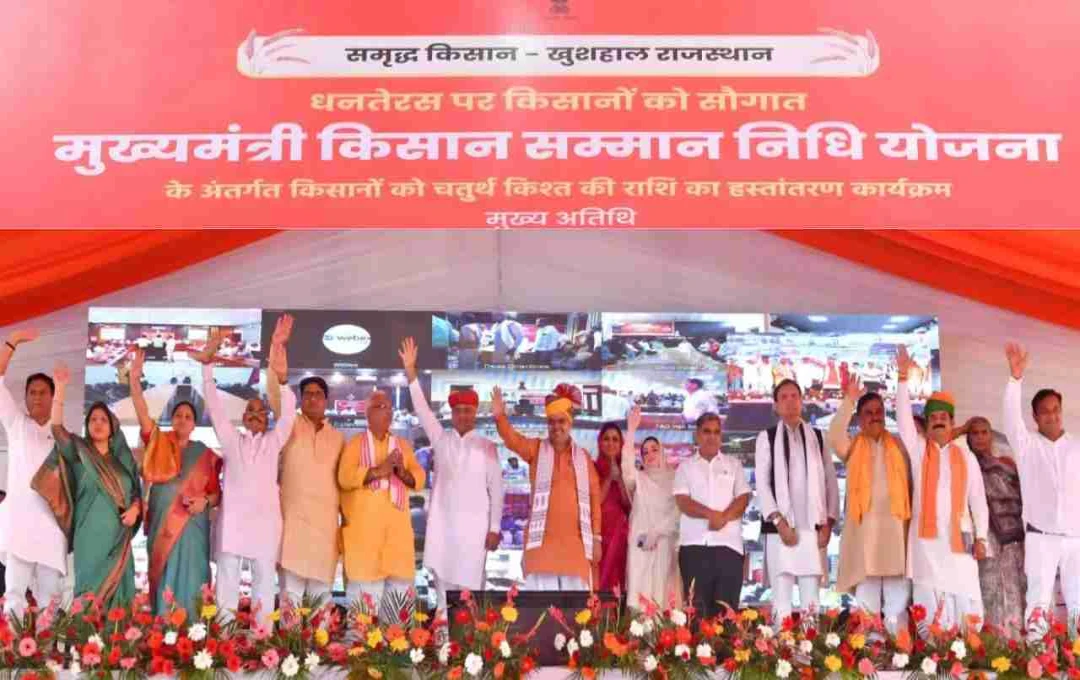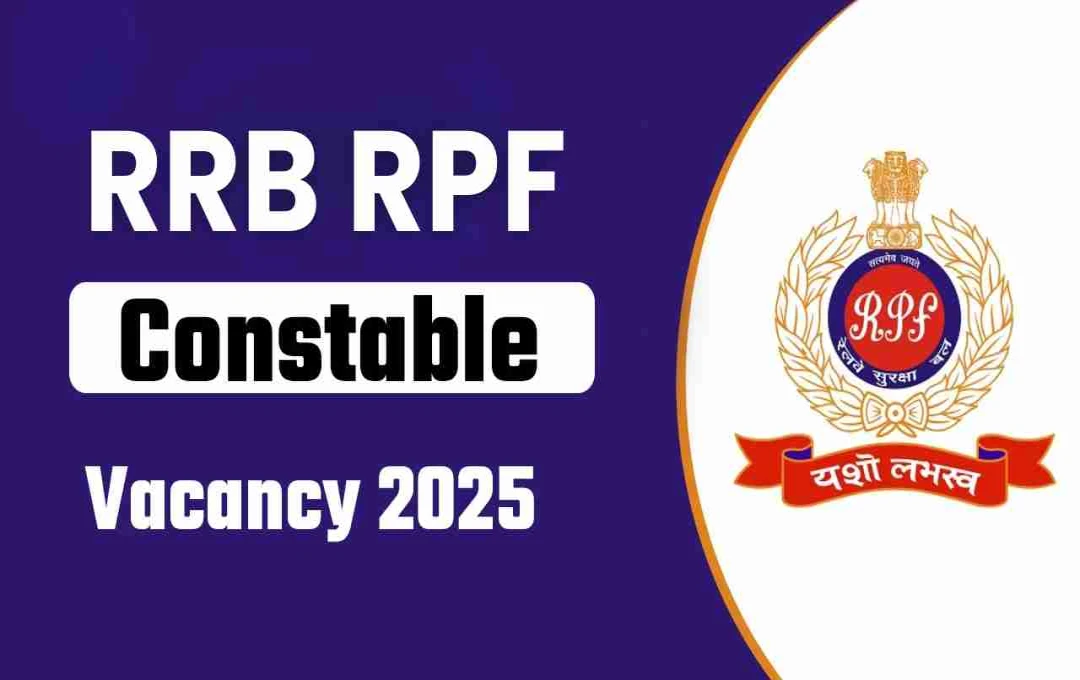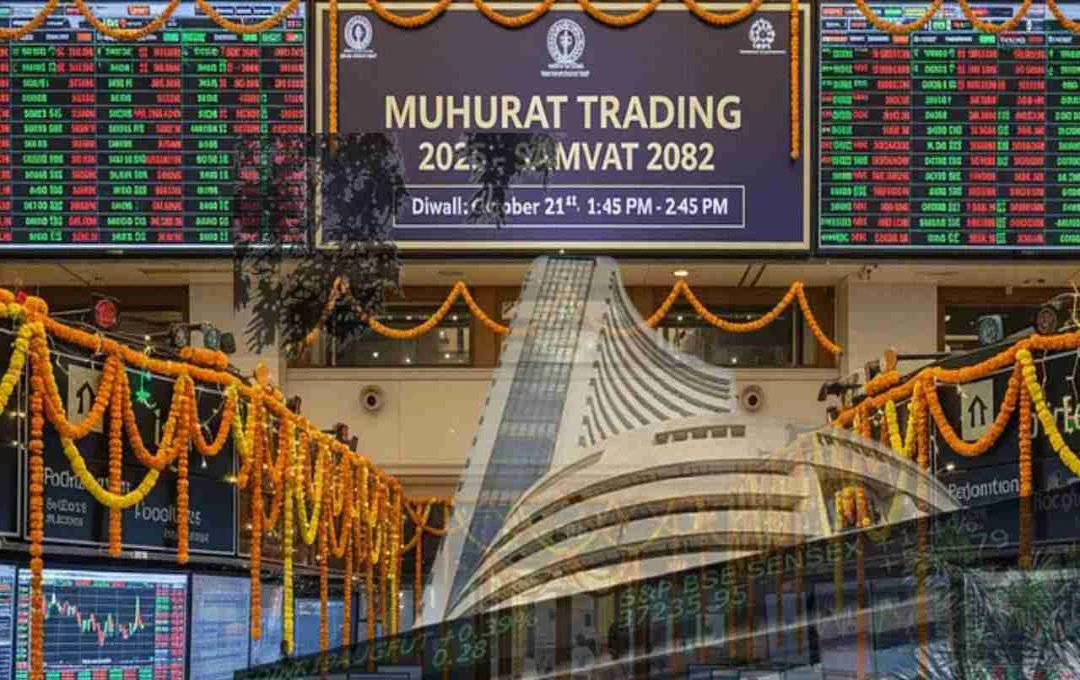The Delhi government is now planning to privatize water supply, following the privatization of electricity. The Delhi Jal Board will be divided into 8 zones, with private operators appointed. RWAs have opposed the move, raising concerns about its impact on consumers.
Delhi News: The Delhi government is preparing to hand over the water supply system to private entities. The Delhi Jal Board will be divided into eight zones, with private operators appointed to manage water supply, sewage management, and bill collection. The government claims this will reduce water wastage, but Resident Welfare Associations (RWAs) are calling it a decision that will increase the burden on consumers.
Major Decision by the Delhi Government
The Delhi government has formulated a plan to privatize water supply. Under this plan, the Delhi Jal Board will be divided into eight zones, and a private operator will be appointed for each zone. These operators will be responsible for tasks such as water distribution, sewage maintenance, and billing.
What are the responsibilities of private operators?
Private companies will be assigned tasks such as regular supply of drinking water, repair of sewer lines, reduction of non-revenue water, and timely bill collection from consumers. The government believes this will bring transparency and efficiency to water management.
Current water situation in Delhi
The Delhi Jal Board currently provides water to approximately 2.9 million consumers through nine water treatment plants and a 15,600-kilometer pipeline network. Despite this, many areas of the city continue to face problems such as contaminated water, irregular supply, and sewage issues.
The Serious Challenge of Non-Revenue Water
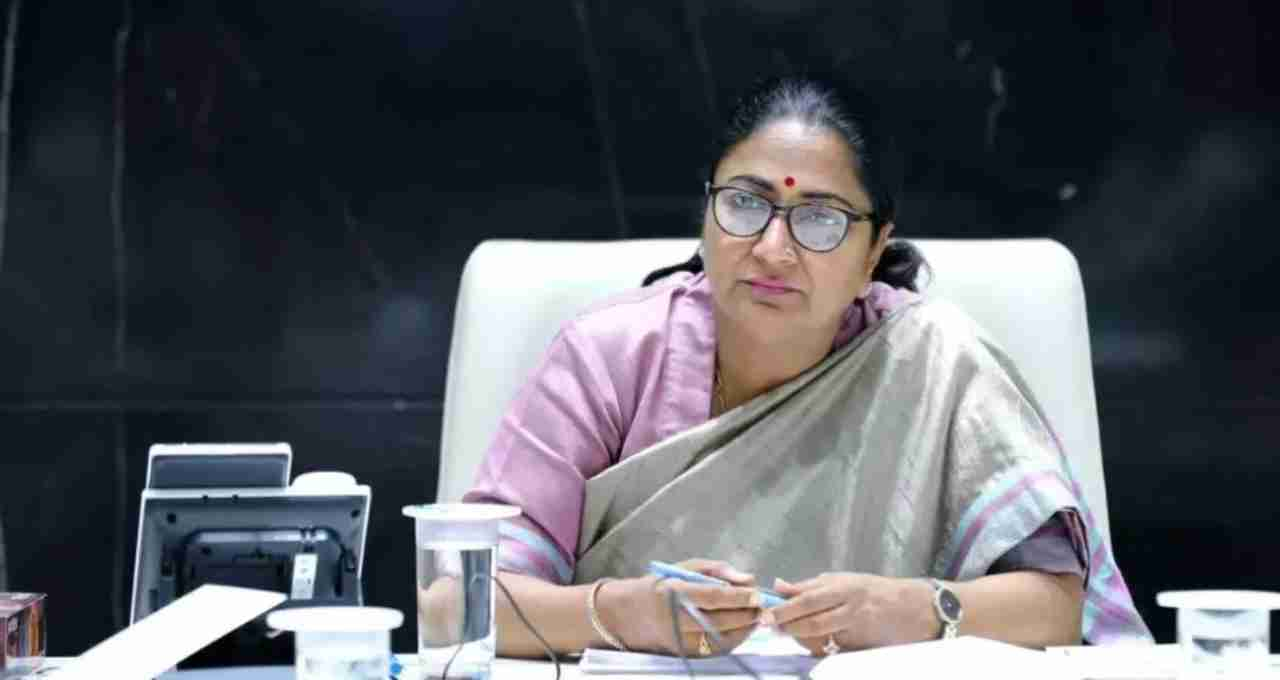
According to Delhi Jal Board data, approximately 50% of water in Delhi is either stolen or wasted. This type of water is called 'non-revenue water,' which causes a significant financial loss to the board. The plan is to reduce this loss by bringing in private companies.
Referring to Electricity Privatization
The government says that just as the privatization of electricity in 2002 improved supply and reduced theft, the water situation can also be improved. According to Jal Minister Pravesh Verma, the 'one zone, one operator' policy will be implemented to improve the system.
Pilot Project Already Conducted
A pilot project was launched in the Malviya Nagar area in 2011-12 on a PPP model. Under this model, water supply was provided through public-private partnership. The contract for this project has recently expired and has been extended for four months.
RWA Objects
Resident Welfare Associations of Delhi have opposed this proposal. Saurabh Gandhi, General Secretary of United Residents of Delhi, said that the economic burden on consumers increased after the privatization of electricity, and the same will be repeated by handing over water to private entities.
Political Parties Also Oppose
BS Vohra, President of the East Delhi RWA Joint Forum, and Sanjay Gupta, President of the Model Town Residents Society, have criticized the government's decision. They said that electricity companies do not maintain transparency and avoid CAG audits, and the same could happen with water companies.
The privatization of water could potentially lead to regular supply for consumers, but there is also the concern that tariffs may increase. RWAs say that this model could make water less accessible to the common citizens.
